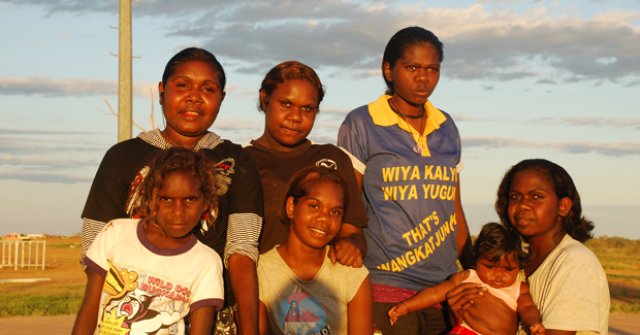
Nineteen seventy nine was a very good year for the Western Australian ruling class. The corporate puppet masters had the ideal puppet in Premier Charles Court, and the most right wing, racist Liberal Party in Australia.
With a heavily gerrymandered parliament, Court rode roughshod over union rights, civil liberties, Aboriginal rights and Aboriginal land.
Enter the Kimberley Land Council (KLC) who had recently formed to represent the Aboriginal communities in the far north of WA. The KLC was determined to take a stand against the mining land grab.
The stand came when a small remote Aboriginal community at the Noonkanbah station, near Fitzroy Crossing, objected to oil exploration on a sacred site planned by transnational mining corporation AMAX, with a drilling rig owned by one of Australia’s biggest corporations, CSR.
The KLC set about mobilising a coalition of Aboriginal, trade union, church, student, community and international support to mount a strong campaign in support of the Noonkanbah community.
Court dismissed this opposition and pushed ahead. In 1980, the oil rig was brought to the site in a 2000km convoy of over 50 trucks with specially issued numberplates and many of the drivers wearing face masks to hide their identities. It was escorted by a large contingent of police with logistic support provided by the State Emergency Service. On the way, police broke up union pickets and Aboriginal blockades trying to stop the convoy.
The oil drilling took place on the sacred site but no oil was found.
However at Noonkanbah, Court overplayed his crash-through style. The massive police operation against a defenceless, small Aboriginal community at Noonkanbah looked like a scene from Apartheid South Africa and there was a huge outcry in WA, nationally and internationally. In early 1983, Court’s government was defeated at the ballot box.
Fast forward to 2010 and nothing much has changed in WA. Mining capital helped defeat the WA Labor Government in 2008 by pouring funds into the Liberal and National parties. Their puppet of choice, Troy Buswell, had to be removed because of well-publicised sexist indiscretions and was replaced by the more electable Colin Barnett.
But trampling over Aboriginal rights still remains part of the WA Liberal-National coalition’s core business.
WA Aboriginal people are being imprisoned at ever increasing rates — the highest in Australia. Aboriginal deaths in custody continue; evicting Aboriginal families from housing has been made easier and welfare support has been stripped back.
Now the Barnett Government is preparing for a Noonkanbah-style land grab on behalf of fossil fuel giant Woodside at James Price Point in the Kimberley.
Barnett has called off negotiations with the Kimberley Land Council and has announced his intention to compulsorily acquire the land for the Woodside gas project.
The battle is now on and the Kimberley Land Council is once again on the front line. We must be there too.
Comments
Graham Milner replied on Permalink
Anonymous replied on Permalink